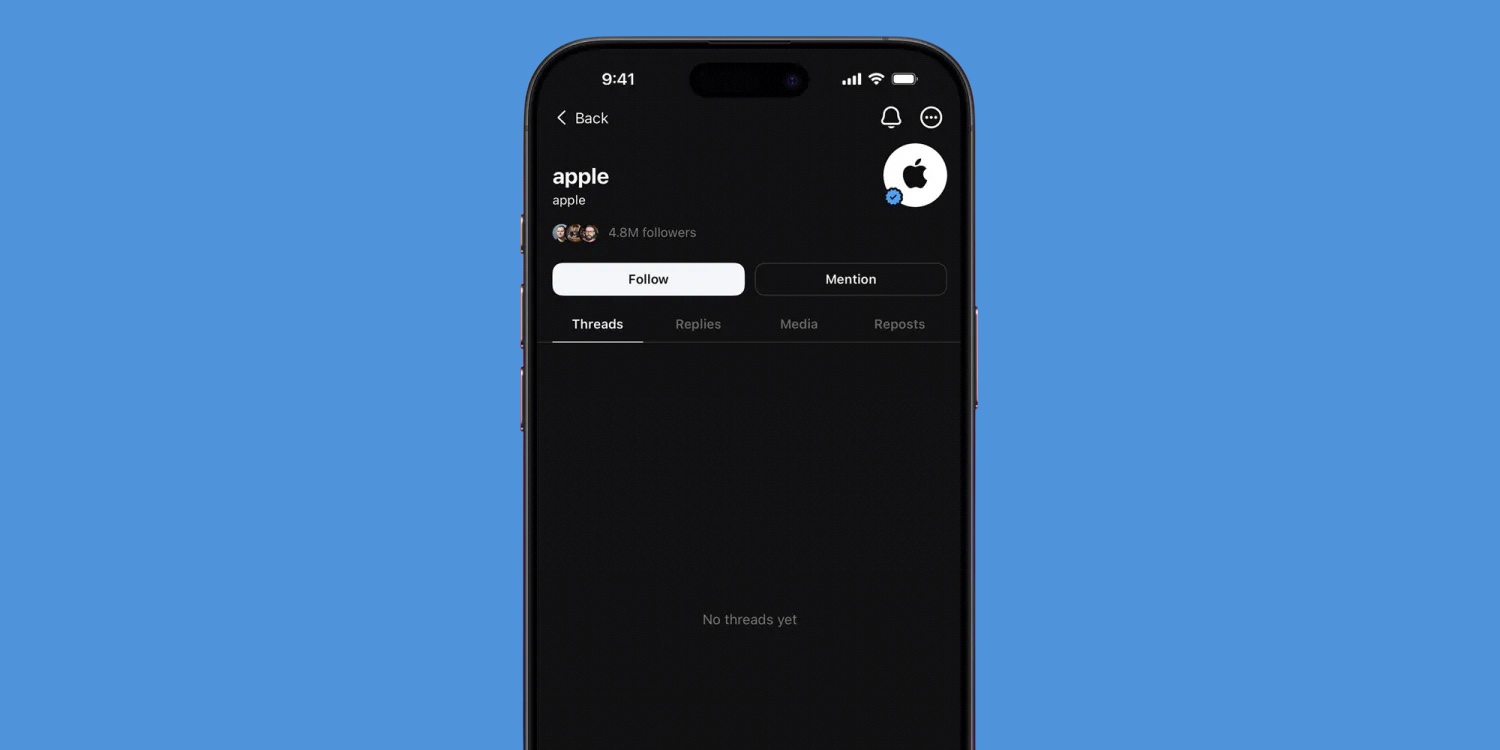Google is reportedly developing an AI model that can “take over” your Chrome browser, performing tasks like booking flights and making purchases on your behalf. While this may sound like the ultimate in convenience, it raises serious concerns about privacy and the future of Google’s core business.
The AI model, codenamed Project Jarvis, is powered by an upcoming version of Google’s Gemini. It’s designed to automate tasks that users typically perform manually, freeing them from the need to interact directly with websites and apps.
However, this level of automation raises questions about the implications for Google’s advertising revenue. If users are no longer actively browsing and engaging with content, how will Google generate ad revenue?
Moreover, the accuracy and reliability of such an AI model are questionable. Google’s recent track record with AI has been less than stellar, with issues like inaccurate information in AI overviews and emails being misdirected to spam folders.
This raises concerns about the potential for errors and unintended consequences when an AI is given control over sensitive tasks like booking travel and making purchases.
While Google’s pursuit of AI innovation is understandable, it’s essential to consider the potential downsides. Is the convenience of automated tasks worth the risk to privacy and the potential disruption to Google’s core business model?
Perhaps it’s time for Google to refocus on its core strengths – organizing information and providing reliable services – rather than chasing the latest AI trends at the expense of user experience and privacy.





